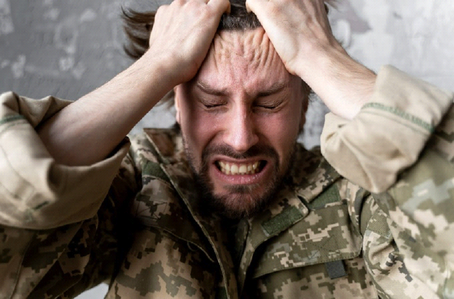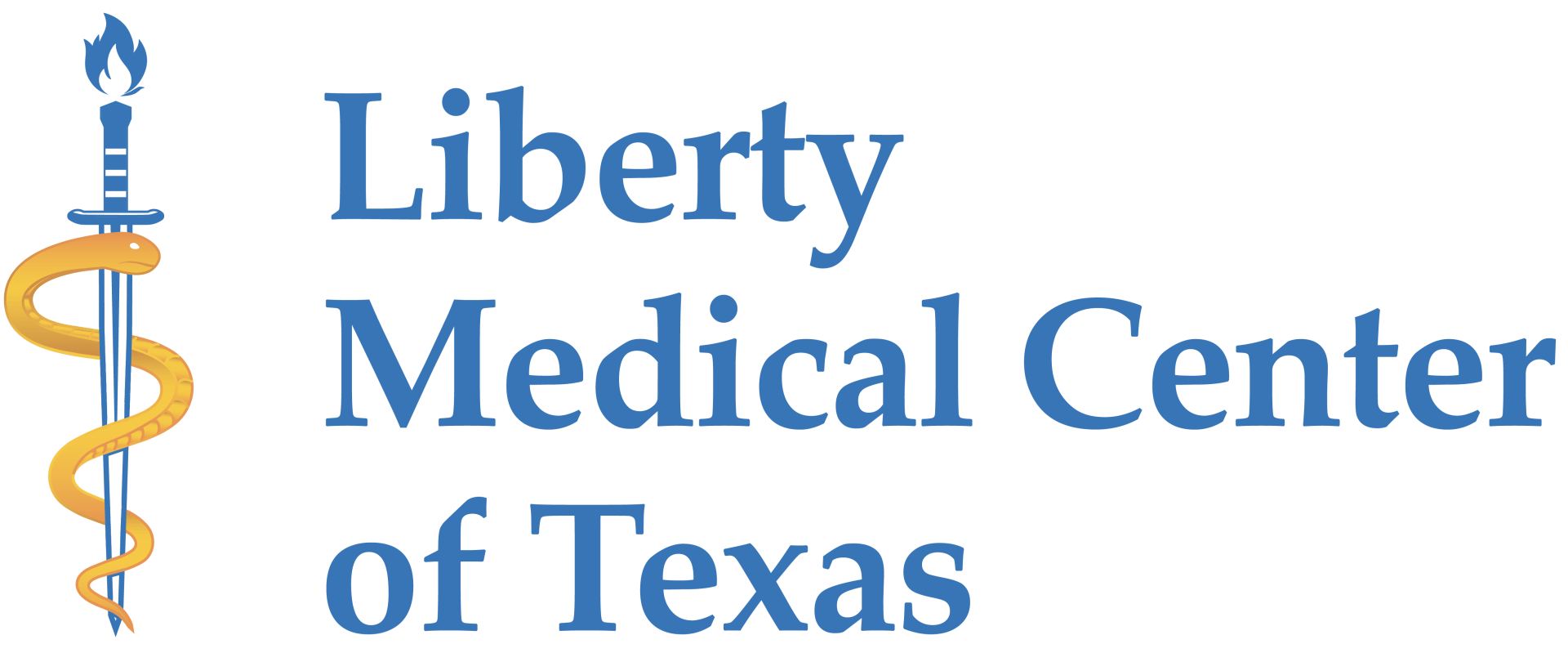Drug Addiction and PTSD
By Olusegun Dayo Awoderu
June 27, 2023
By Olusegun Dayo Awoderu
June 27, 2023

Individuals who have post-traumatic stress disorder (PTSD) and their inability to control the use of both legal and illegal drugs and medicines has become a significant and chronic devitalizing condition, that has become a frequent and ongoing co-occurrence. The assumption by affected individuals that the use of drugs will help them to deal with, or to avoid these symptoms has been a continued reason why sufferers are abusing drugs and other substances.
This assumption brings the “Self-Medication Hypothesis” to light as the most widely accepted theory, explaining the link between drug abuse and PTSD co-occurring. The theory states that individuals with PTSD have a heightened risk for drug abuse due to their propensity to use drugs or drink alcohol to manage the symptoms of PTSD.
According to the U.S. Department of Veteran Affairs, veterans have a higher risk of both PTSD and drug addiction than the general civilian population. This analysis is from the outcome of the identified number of stressors specific to military personnel including: deployment, combat missions with exposure to life-threatening and horrible experiences, physical disabilities from war, and reintegration challenges on service completion.
This assumption brings the “Self-Medication Hypothesis” to light as the most widely accepted theory, explaining the link between drug abuse and PTSD co-occurring. The theory states that individuals with PTSD have a heightened risk for drug abuse due to their propensity to use drugs or drink alcohol to manage the symptoms of PTSD.
According to the U.S. Department of Veteran Affairs, veterans have a higher risk of both PTSD and drug addiction than the general civilian population. This analysis is from the outcome of the identified number of stressors specific to military personnel including: deployment, combat missions with exposure to life-threatening and horrible experiences, physical disabilities from war, and reintegration challenges on service completion.
Veterans have a higher risk of both PTSD and drug addiction [together], than the general civilian population.
- U.S. Department of Veteran Affairs
The past two decades of war has seen more frequent U.S. combat missions, and lasting for longer periods, hence its extensive toll on mental health of our veterans, marking the beginning of a lifelong battle with drug addiction and PTSD.
According to the American Psychiatric Association, PTSD (Post-traumatic stress disorder) is a mental health disorder developed by people who have witnessed or experienced a traumatic or life-threatening event.
Some examples of such events or circumstances include, but are not limited to the following:
Some of the common symptoms experienced by people who have developed PTSD include the following:
If you or your loved ones are experiencing PTSD symptoms, and are becoming addicted to drugs/substance abuse, please seek help immediately. There are various resources available to help, in addition to the Liberty Medical Center of Texas where we provide various mental health services for conditions such as PTSD, trauma, addiction and depression.
According to the American Psychiatric Association, PTSD (Post-traumatic stress disorder) is a mental health disorder developed by people who have witnessed or experienced a traumatic or life-threatening event.
Some examples of such events or circumstances include, but are not limited to the following:
- War / Combat
- Natural disasters
- Acts of terrorism
- Serious accidents / Injury
- Historical trauma
- Rape / sexual assault
Some of the common symptoms experienced by people who have developed PTSD include the following:
- Suicidal thoughts / Self-Destructive Behavior
- Trouble sleeping or concentrating.
- Memory problems and feelings of hopelessness.
- Maintaining relationships becomes difficult/detached from family and friends.
- Feeling negative emotions
- Dreams and nightmares about the traumatic event
If you or your loved ones are experiencing PTSD symptoms, and are becoming addicted to drugs/substance abuse, please seek help immediately. There are various resources available to help, in addition to the Liberty Medical Center of Texas where we provide various mental health services for conditions such as PTSD, trauma, addiction and depression.
Liberty Medical Center of Texas is one of several organizations dedicated to providing programs for mental health, trauma, PTSD, addiction, and depression for our veterans.
Related Posts:
How Music can Heal the Brain and Help those Experiencing PTSD
8 Online Veteran Support Groups
Identifying PTSD in a Loved One
How Music can Heal the Brain and Help those Experiencing PTSD
8 Online Veteran Support Groups
Identifying PTSD in a Loved One
References:
American Psychiatric Association (2020, November). What is Post-traumatic stress disorder (PTSD)? https://www.psychiatry.org/patients-families/ptsd/what-is-ptsd
Post-traumatic stress disorder (PTSD) – Symptoms and Causes. Mayo Clinic; Mayo Foundation for Medical Education and Research. https://www.mayoclinic.org/diseases-conditions/post-traumatic-stress-disorder/symptoms-causes/syc-20355967
Flanagan, J. C., Korte, K. J., Killeen, T. J., & Back, S. E. (n.d.). Concurrent Treatment of Substance Use and PTSD. National Center for Biotechnology Information. https://www.ncbi.nlm.nih.gov/pmc/articles/PMC4928573/
National Center for PTSD. (2014). How Common is PTSD in Veterans? https://www.ptsd.va.gov/understand/common/common_veterans.asp

